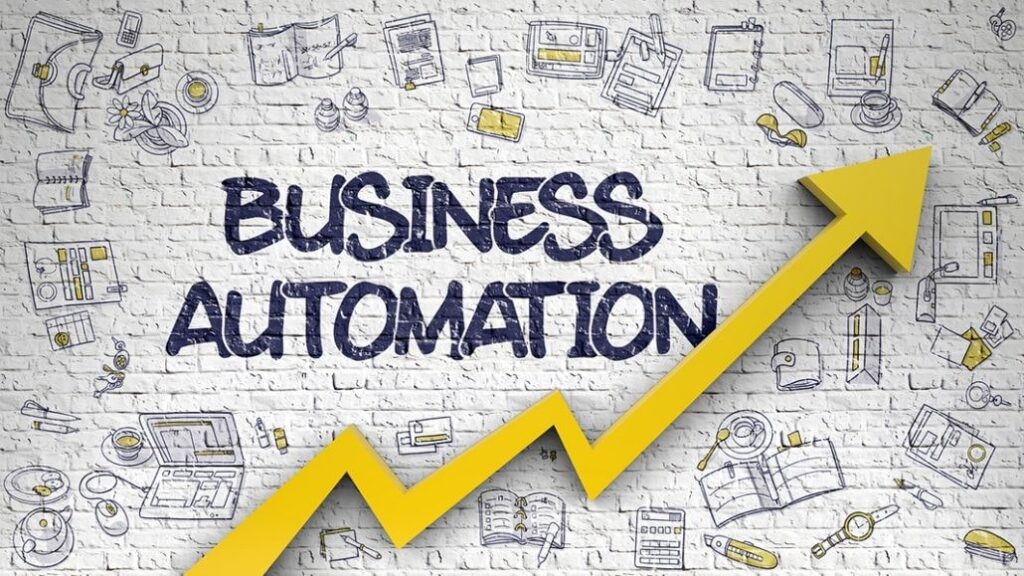Big data is is a buzzword we have all heard, but what does it mean. More importantly, how can you define it? Let me put this in context. If you have a room with one person that knows 100 things, or you have a room with 100 people that all know one thing, does one scenario have an advantage over the other? Yes, time and space is the added value of technology. You will eventually get the same results, however, it may take much longer to get the answer asking 100 people than one. In the same regards, one person takes up less space, so if you add one more person that knows 100 more things, you exponentially increase your value of space and time.
Time and Space is the Added Value of Technology
In 1980 John Searle published “Minds, Brains and Programs” in the journal The Behavioral and Brain Sciences. Searle (1999) summarized the Chinese Room argument concisely:
Imagine a native English speaker who knows no Chinese locked in a room full of boxes of Chinese symbols (a data base) together with a book of instructions for manipulating the symbols (the program). Imagine that people outside the room send in other Chinese symbols which, unknown to the person in the room, are questions in Chinese (the input). And imagine that by following the instructions in the program the man in the room is able to pass out Chinese symbols which are correct answers to the questions (the output). The program enables the person in the room to pass the Turing Test for understanding Chinese but he does not understand a word of Chinese.
Searle continues to say, “The point of the argument is this: if the man in the room does not understand Chinese on the basis of implementing the appropriate program for understanding Chinese then neither does any other digital computer solely on that basis because no computer, qua computer, has anything the man does not have.”
The 4 Guiding Principles in my other articles; Enhance, Improve, Replace, Reliance, support this idea that, out of the four, replace is still the the one principle that we are furthest from, yet most fearful of.
Expectations are something that rarely is discussed regarding technology. Technology is mostly viewed as a disrupter, whether helpful or harmful, there are certain preconceived ideas that technology outperforms human based skills and de-values purpose.
Would technology exist without humans? Can technology exist without humans? If humans do not exist, what purpose does technology have? If technology does not exist, what purpose do humans have? When you put these questions in context it is very easy to see the different roles humans and technology play.
Technology is advancing, but so are humans. To compare the two things provide fun conversations but do not pragmatically answer the true questions people have. Once we become aware that we are not in competition, but on the same team, we can use the values we both bring to perform at a higher output of efficiency and state of excellence and to continue to evolve.

